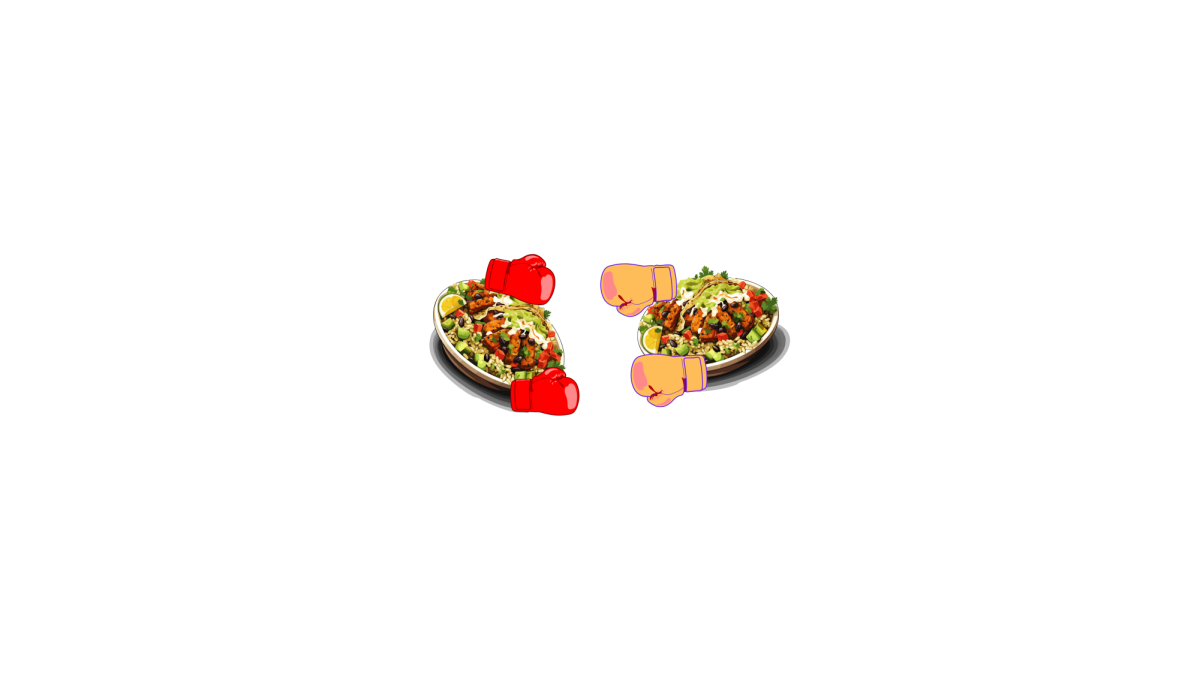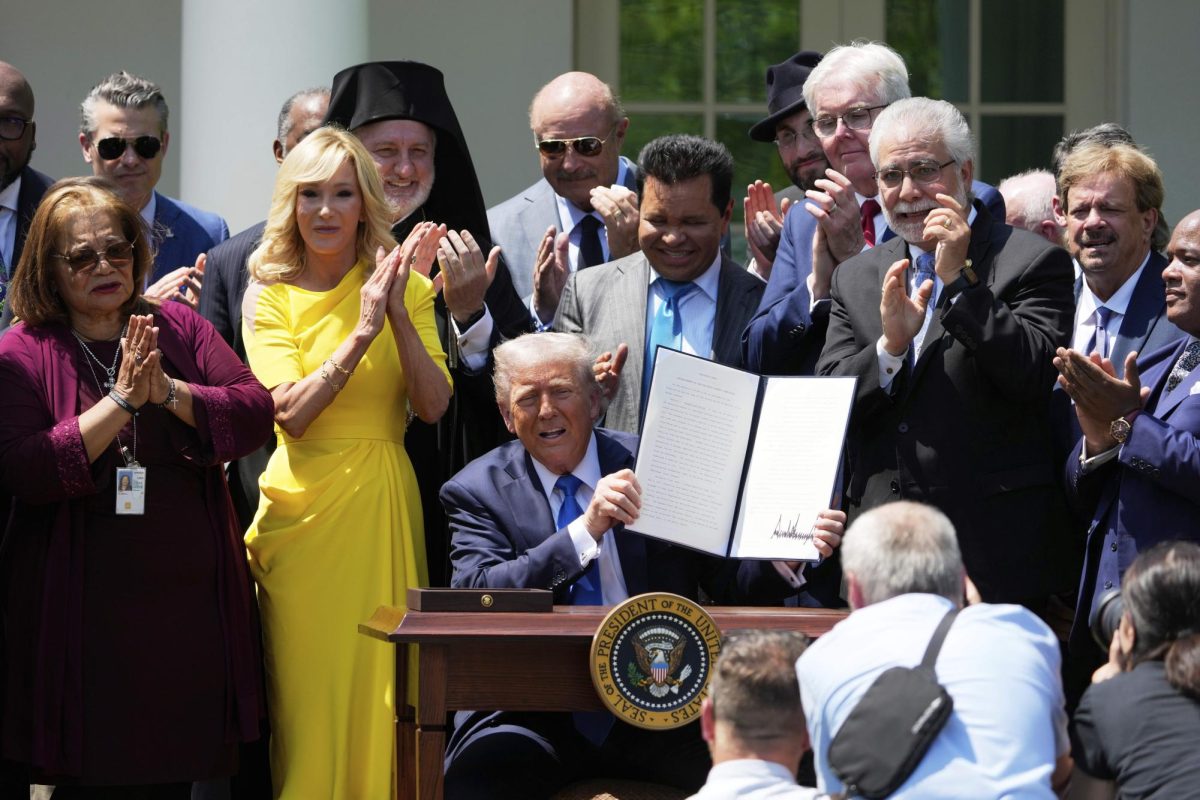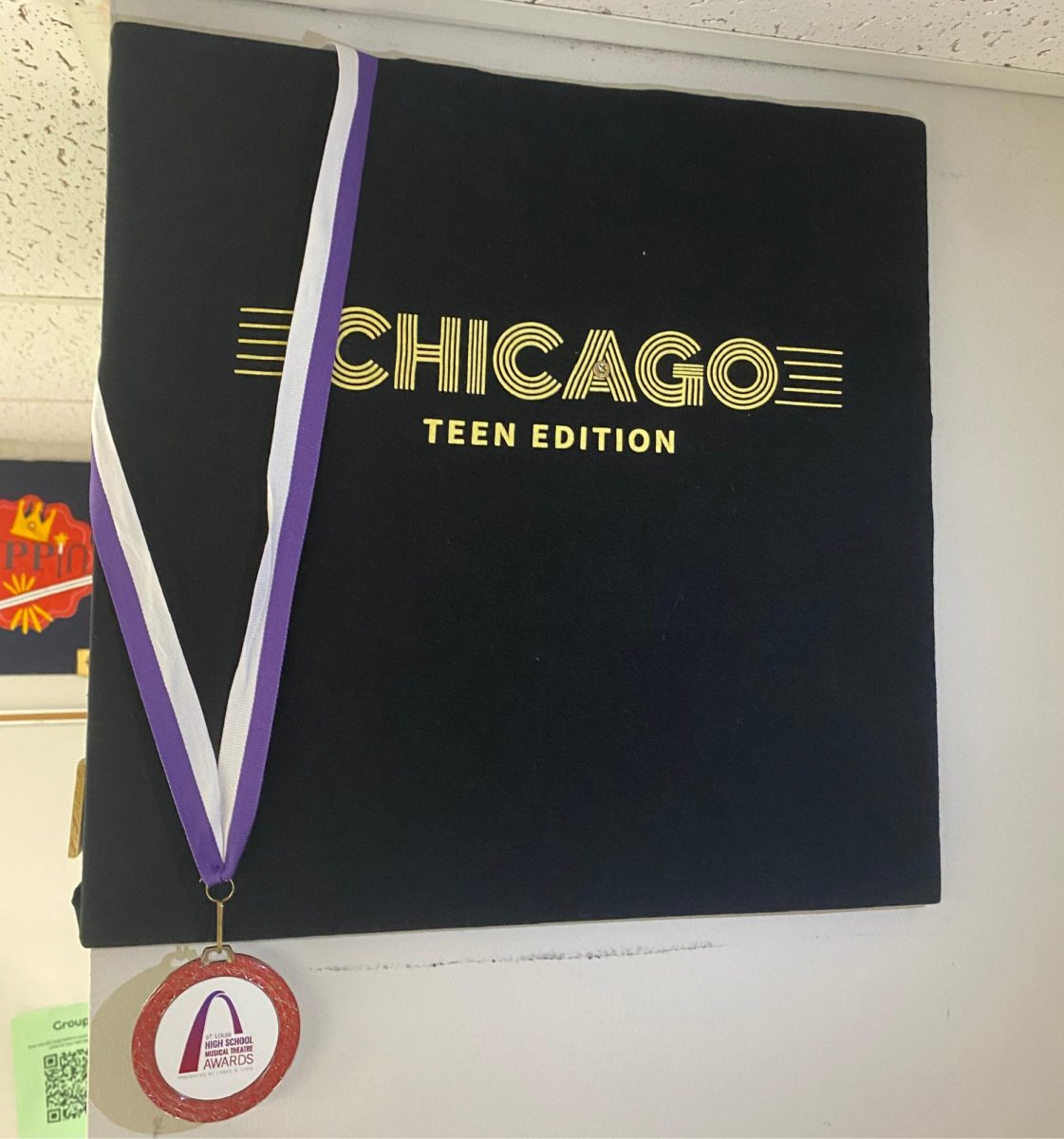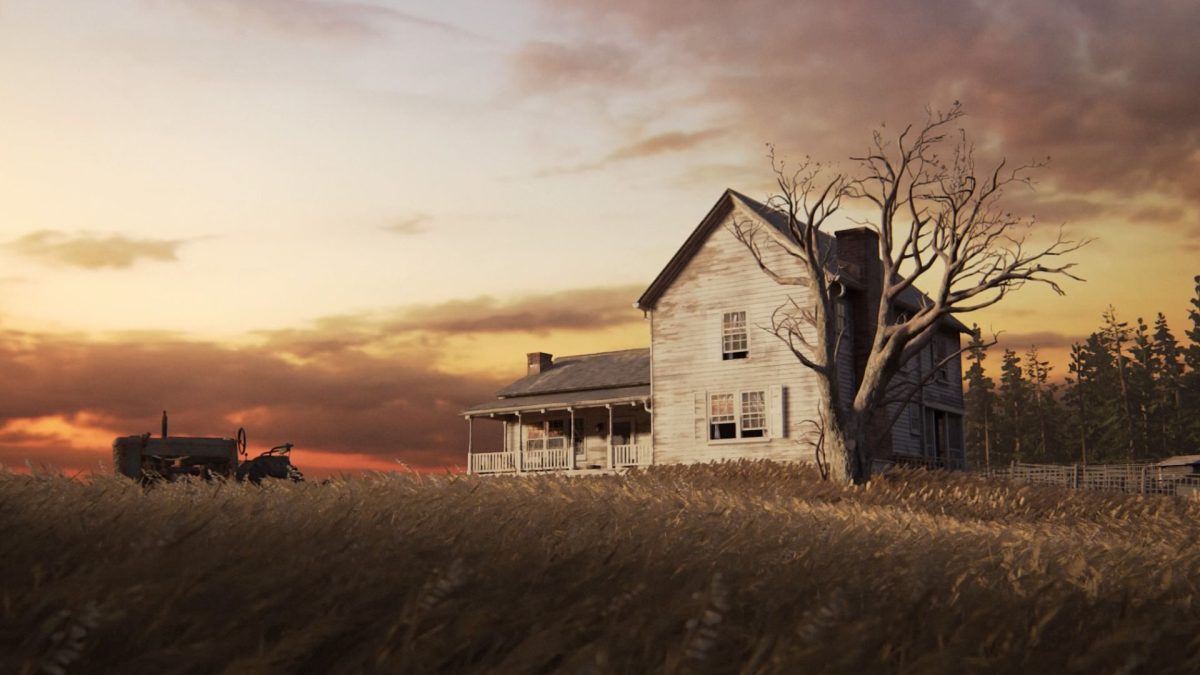‘The Perks of Being a Wallflower’ Resonates with Upcoming Grads
January 26, 2017
“The movie is never as good as the book.”
This is commonly said when it comes to book to movie translations, but “The Perks of Being a Wallflower” breaks the stereotype, becoming one of the best coming-of-age films of our generation.
I first read the book and watched the movie when I was 15-years-old but re-watching it as an 18-year-old, I felt more connected to the characters than before.
Logan Lerman plays Charlie, an awkward, introverted freshman who struggles to find his place in the high school social pyramid. He meets stepsiblings Sam (Emma Watson) and Patrick (Ezra Miller) who help him open up and welcome him into their misfit group of friends.
As a high schooler, it’s not hard to relate to the theme of finding an identity. Sam feels like no one really understands her and says that she “wants people to like the real me.”
Despite being relatable to all high schoolers, I finally understand the feelings of the graduating characters now that I am a senior.
Charlie tells Sam, “Pretty soon you’ll have a whole new group of friends you know? You won’t even think about this place anymore.”
This really hit me emotionally and I began to think about how different life will be. In just seven short months, my friends will be spread out across the entire country. We will all have moved on from our teenage life to begin our adult lives and careers.
But this doesn’t mean we need to forget about where we came from.
Sam responds to Charlie’s statement by saying of course she will still think about this place and the people she is leaving behind. For the class of 2017, no matter what we say, Edwardsville will always be an important part of our lives and will impact our futures.
I’m excited to move on and find my identity in this world, but I will never forget about the friends I’ve made and the memories we’ve shared.
“But even if we don’t have the power to choose where we come from, we can still choose where we go from there,” Charlie says. “We can still do things. And we can try to feel okay about them.”











